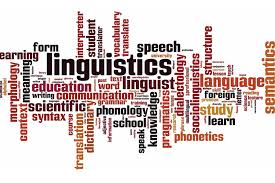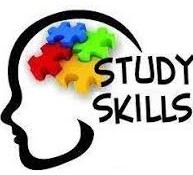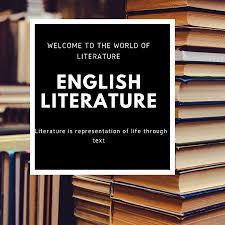
This course presents the main differences between Traditional Grammar and Modern Linguistics. It is an opportunity to highlight the importance of Sructuralism in the evolution of Linguistics. In addition; this course of linguistics dedicated for L2 students emphasises on the vital role of Ferdinand De Saussure in the emergence of Structuralism as an autonomous approach in linguistics that provides neat analysis of languange and deconstruct its componants to understand deeply how linguistic features coexist to convey meaning.

Study Skills course is designed to guide and support first-year learners as they take their first steps at university. It also aims to make learners active and independent by encouraging them to use a range of effective techniques when learning in the classroom, to help them adapt to the new rhythms of university life and learning, and to show them how to manage their studies effectively at university or even at home.
- Enseignant: djamila bouderba
Grammar is a core component of language learning. It provides the system and structure that allow us to communicate accurately and effectively in both written and spoken English. For first-year university students, especially those studying English as a foreign language, a solid understanding of grammar is essential for academic success and further language development.
This course introduces students to the fundamental grammatical structures of English; it serves as an introduction to English grammar. It is thematically divided into two terms. In the first term, students will explore in detail the nine parts of speech, along with their various types and functions within sentences. In the second term, students will be exposed to the different verb tenses, modals, conditionals, the passive voice, and reported speech.
These areas have been carefully selected because they form the backbone of effective communication in English. In addition to understanding rules and forms, this course emphasizes practical usage. Students will engage in meaningful exercises that require them to apply grammar in realistic contexts. The lessons include examples, guided practice, and communicative tasks to reinforce learning and encourage fluency
- Enseignant: asmaa bouzouina

Literature is one of the overarching fields in the world of academia. Despite the fact that First year students do have a general background in literature, but their entry to the world of literature in a department, whose language of instruction is English, may pose difficulties of understanding for students who are familiarized with literature in Arabic. This course is namely an introductory gate that endeavors to pave the ground for students to establish a link with literature and to make them aware of the ambiguity and difficulties regarding the term's conceptualization. A set of definitions are suggested and students are required to read, compare and deconstruct each one with the aim of forging a definition of their own. More precisely, the course provides a site of discussion on the nature of text. The course furthermore focuses on the pertinent question: Why do authors tend to express themselves through literary oeuvres? Finally, yet importantly, the objectives behind teaching and studying literary texts should be highlighted in that students recognize that the content is meant for providing an important conceptual apparatus that enables them to study British and American literatures with a relative ease.
- Enseignant: yamina ghani